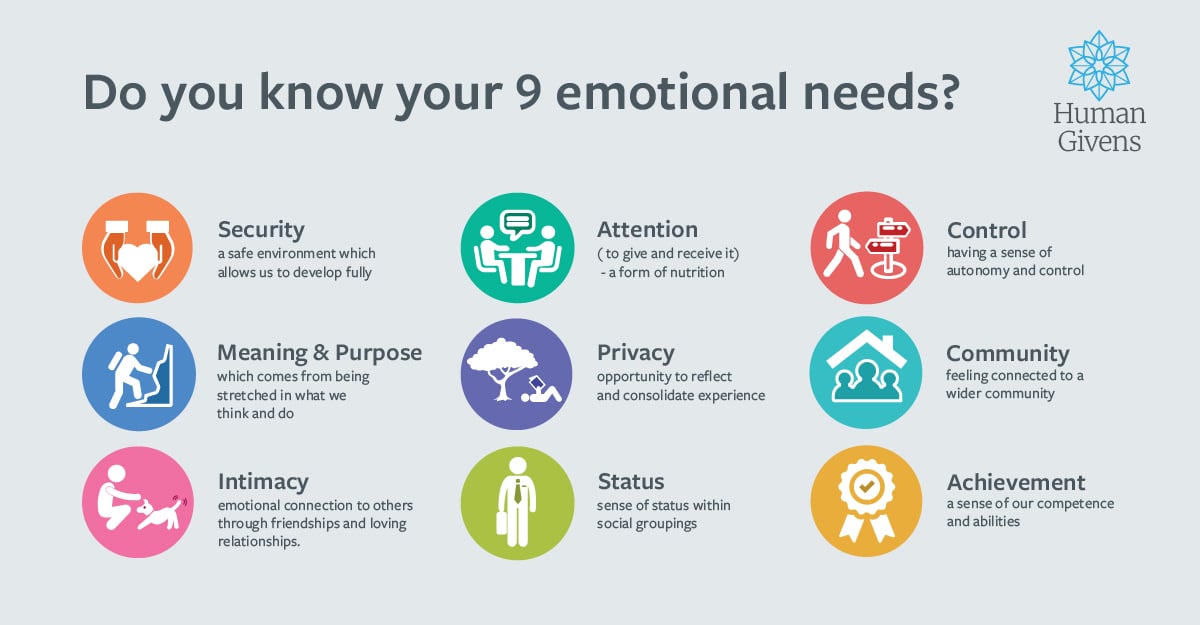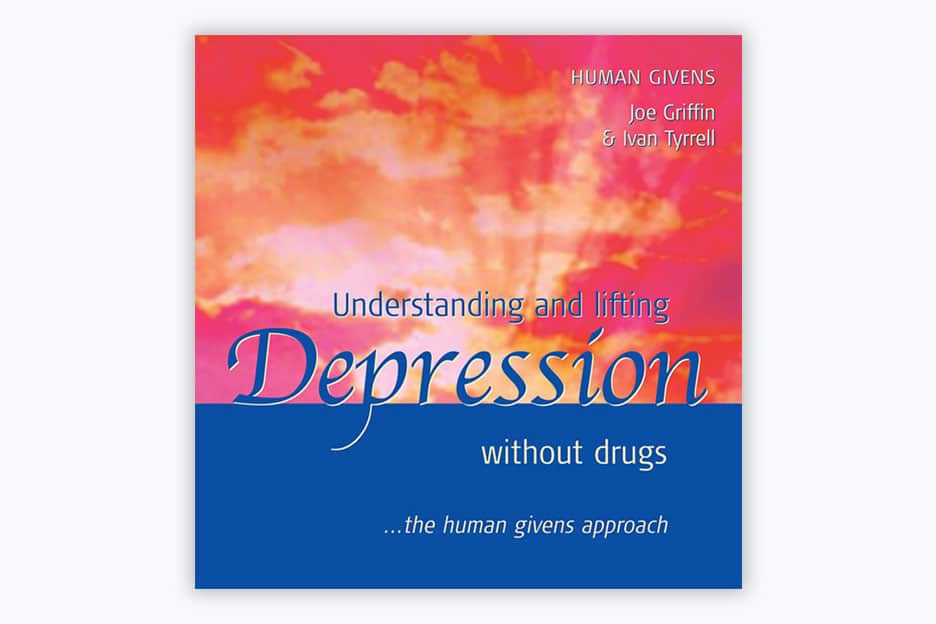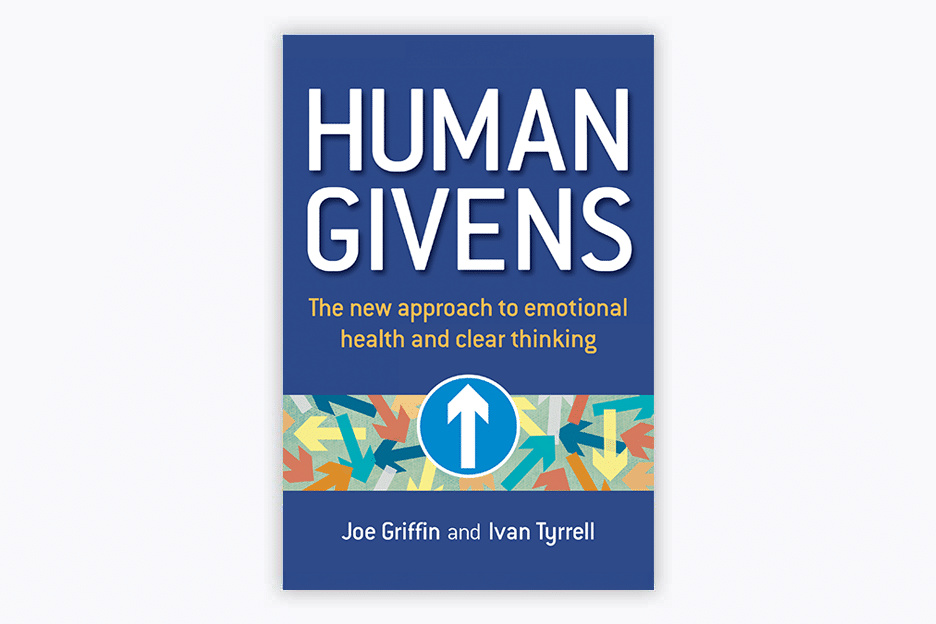5 Golden Rules for Setting Achievable Goals
There is nothing more satisfying than setting and achieving a personal goal. The human mind is, after all, a problem-solving instrument.
If you or someone you know is feeling depressed, setting and achieving a goal can be an important step towards lifting depression.
Goal-setting is an important part of human givens therapy. By setting goals together, the client and therapist can both be clear about where the client wants to go with the therapy. But take care when setting goals, get the balance wrong and you risk setting a goal that isn’t so manageable.
As you set yourself some clear goals that will put pleasure back into your life, consider these five golden rules …
1. Goals must be small and achievable
Watch out for all-or-nothing depressive thinking that urges you to think too big. Make sure you start with small steps. Succeeding in those will motivate you to take larger ones. So, if you take no exercise, it is better to start by enjoying a short walk every evening than to determine to go to a gym and pump iron every morning and afternoon. If your self-esteem is low, it is not a good idea to decide to boost it by aiming to give up smoking and drinking, lose weight and train for a marathon, all at the same time. You are dooming yourself to failure by over-extending yourself and your self-esteem may then sink further.
2. Goals must be concrete
It is no good deciding that you want to ‘be happier’ or ‘less of a burden on others’. That’s too vague. Try to clearly define your objective and unpack what it means to you. If you can’t answer the question easily, try putting it this way: “if I woke up in the morning and found I was no longer depressed, what (realistically) would be happening that is different from the way it is now?”
One man who had become deeply depressed after a back injury forced his early retirement from work said, “Well I’d be getting out of bed in time to have breakfast with the children before they go to school, and I would talk to my wife about her day like I used to. Even though I can’t work long hours anymore because of my back, I would be doing something practical in the house and the garden, to make my contribution.”

3. Goals must be positive
It is no use deciding that what you need to do is to concentrate on not worrying. You can’t concentrate on not doing something because if all you are doing is thinking, “I’m worrying again! I must concentrate on not worrying. I must stop those thoughts coming into my head,” then you are still worrying. Turn your goal into a positive action. To stop yourself worrying endlessly, you need to find activities with which to distract yourself, so that you are too absorbed and busy to worry.
4. Goals must be focused on fulfilling the unmet needs you have identified in your life
People who are struggling with depression often gradually disengage
Some of these ideas for re-engaging with life and experiencing pleasure might be appropriate for you, but there are lots of others too:
- call a friend you’ve been meaning to call for ages and suggest meeting up
- go out for a walk or a meal with your partner
- take your children to the park and join in their games
- invite a friend, or a couple of friends, for a meal at your house
- take up an activity again that you used to enjoy, such as tennis, swimming, painting, listening to live music, dancing, gardening, amateur dramatics
- walk the dog with a neighbour or go along when the neighbour takes their dog
- suggest a social drink after work with colleagues
- go to the cinema or theatre with a friend or partner
- book a holiday where you will meet you people and explore new places
- decide on a charity you would like to help and find out how you can get involved
- join an evening class or go on an activity weekend, where you can meet new people.
Decide on one or two of these sorts of strategies, to start with. Each will help you meet your innate emotional needs – feeling part of a wider community, gaining a sense of achievement and giving and receiving attention.
Other unmet needs may require you to take a deeper look at your life and explore or plan carefully for change. List your options if you are no longer happy with work or a relationship and discuss them with someone whose opinion you trust. Perhaps an appropriate strategy might be to research alternative areas of employment or explore the practicability of mending or ending a problematic relationship. What would restore meaning and purpose to your life?
5. Goals must be appropriate
Certain things that happen in life will not be possible to change. We cannot bring back the leg that has been amputated, or the partner who has left to live with another lover, or the husband or wife who has died. And if we are older, we cannot bring back our youth. We must look at our new circumstances and set goals based on those – to regain as much fitness as possible and to take up different challenges, to engage in social activities or to meet new people to spend time with. And we can be young at heart whatever our age.
Sometimes depression occurs because someone feels stuck between a rock and a hard place, or because they have a difficult decision to make and they don’t know what to do for the best. Feeling incapable of taking a decision, they slump into depression instead. But sometimes the right thing to do is not to take a life-changing decision if the courses of action on offer seem as perilous as each other and there is no way of knowing at the time which one would be best. At such times you may need to wait for other factors to click into place before your path becomes clear to you. In the meantime, it is best to concentrate on doing whatever averts unhelpful depressive thinking – for instance being active, keeping your mind productively busy, spending time with friends and eating properly.
This was adapted from an extract from How to lift depression … fast – The Human givens approach from our popular Self-help series.





